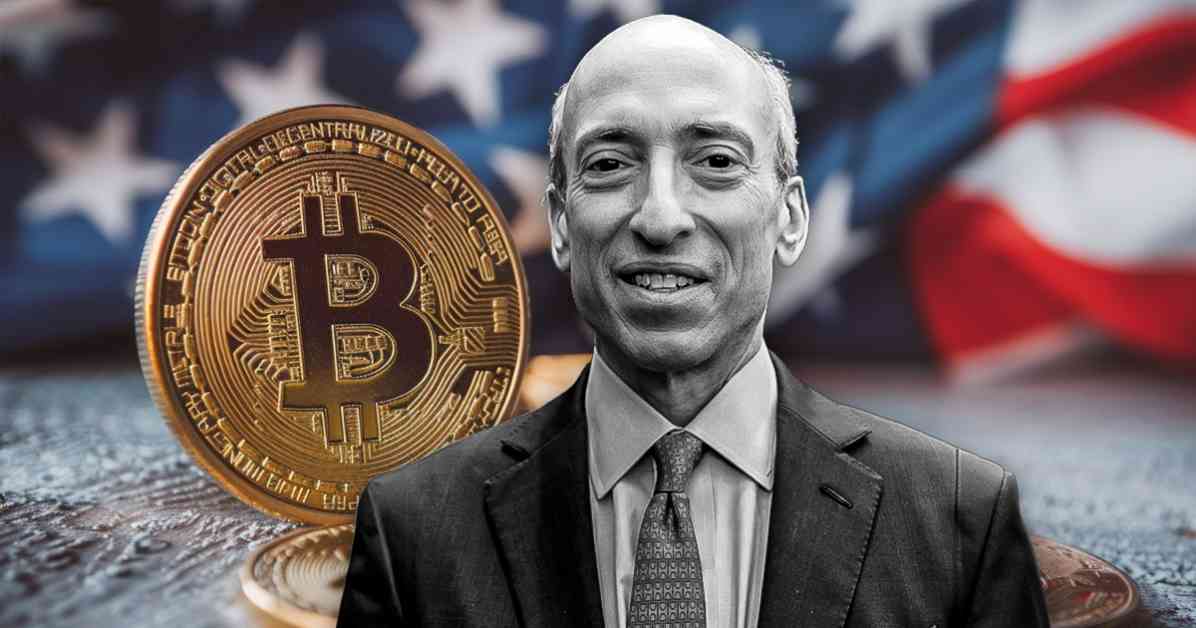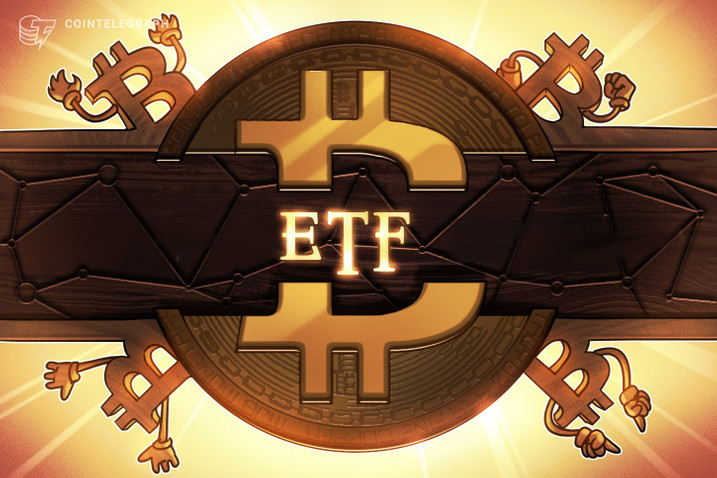Gary Gensler, the chair of the U.S. Securities and Exchange Commission (SEC), recently addressed the public at the PLI Annual Institute on Securities Regulation. In his speech, he emphasized the SEC’s role in regulating the crypto market and highlighted the distinction between altcoins and Bitcoin. Gensler also hinted at the possibility of stepping down from his position following the election of Donald Trump and the President-elect’s criticism of his tenure.
During his address, Gensler reiterated that Bitcoin is classified as a non-security asset, unlike many other digital assets in the market. He emphasized the importance of compliance with securities laws to ensure market trust and protect investors. The SEC’s recent approvals of exchange-traded products (ETPs) for Bitcoin futures, spot Bitcoin, and Ethereum were also highlighted as a departure from previous restrictions on physically backed crypto ETFs.
Gensler’s remarks shed light on the challenges posed by the fragmented and speculative nature of the crypto market, particularly in relation to altcoins. He stressed the need for sustainable use cases for digital assets beyond Bitcoin, Ethereum, and stablecoins, which account for a small percentage of the total crypto capitalization.
The chair’s reflection on his time at the SEC and the agency’s role in promoting trust in financial markets suggests a possible resignation in light of Trump’s victory in the election. Gensler’s legacy in shaping crypto regulation has had a significant impact on the sector, despite differing opinions from industry participants.
While Gensler presents himself as supportive of Bitcoin, Ethereum, and stablecoins, his approach to altcoins and other digital assets remains stringent. The SEC’s focus on compliance and investor protection has been a key priority under Gensler’s leadership, signaling a shift in regulatory oversight within the crypto market.
As the crypto industry continues to evolve, Gensler’s tenure at the SEC will be remembered for his efforts to navigate the complexities of digital assets and securities regulations. Whether his resignation is imminent or extends into the next administration, his legacy will shape the future of crypto regulation in the United States.

















